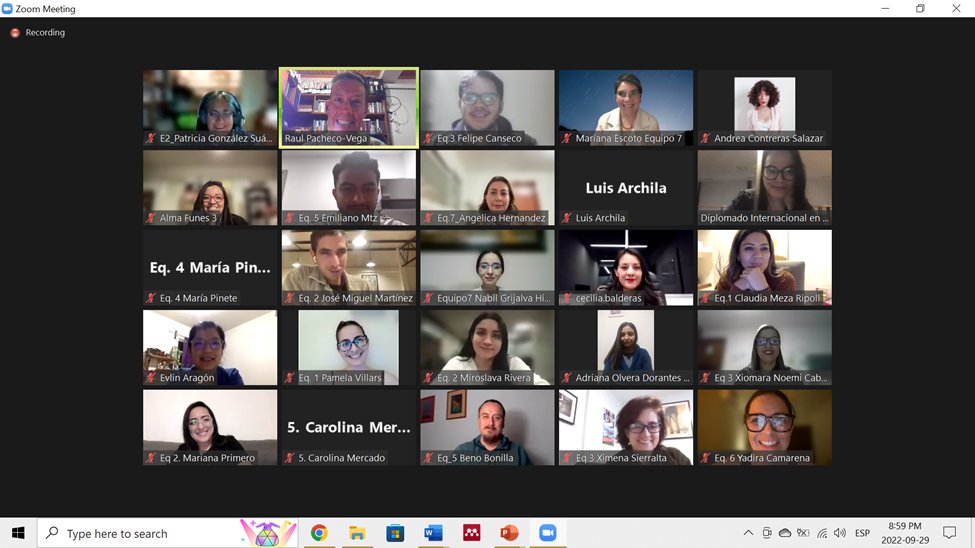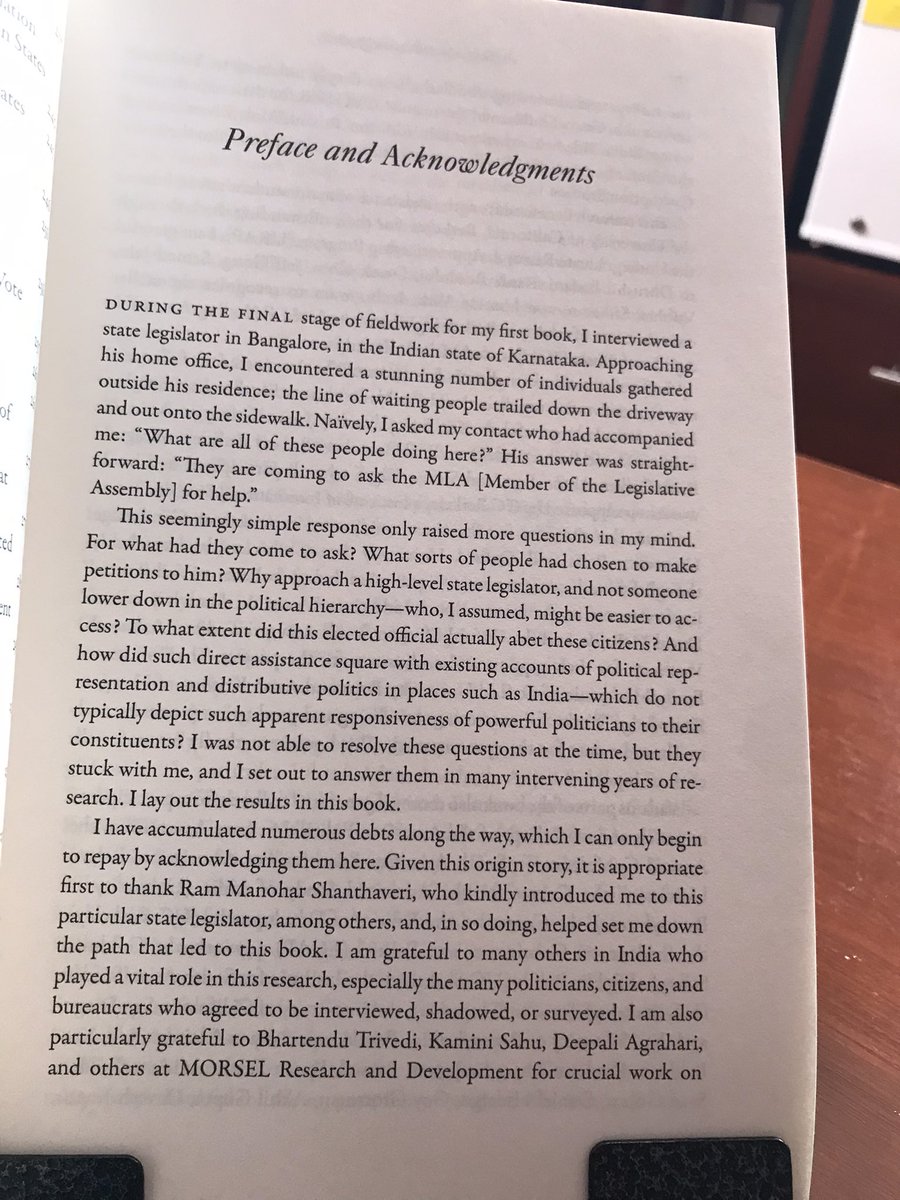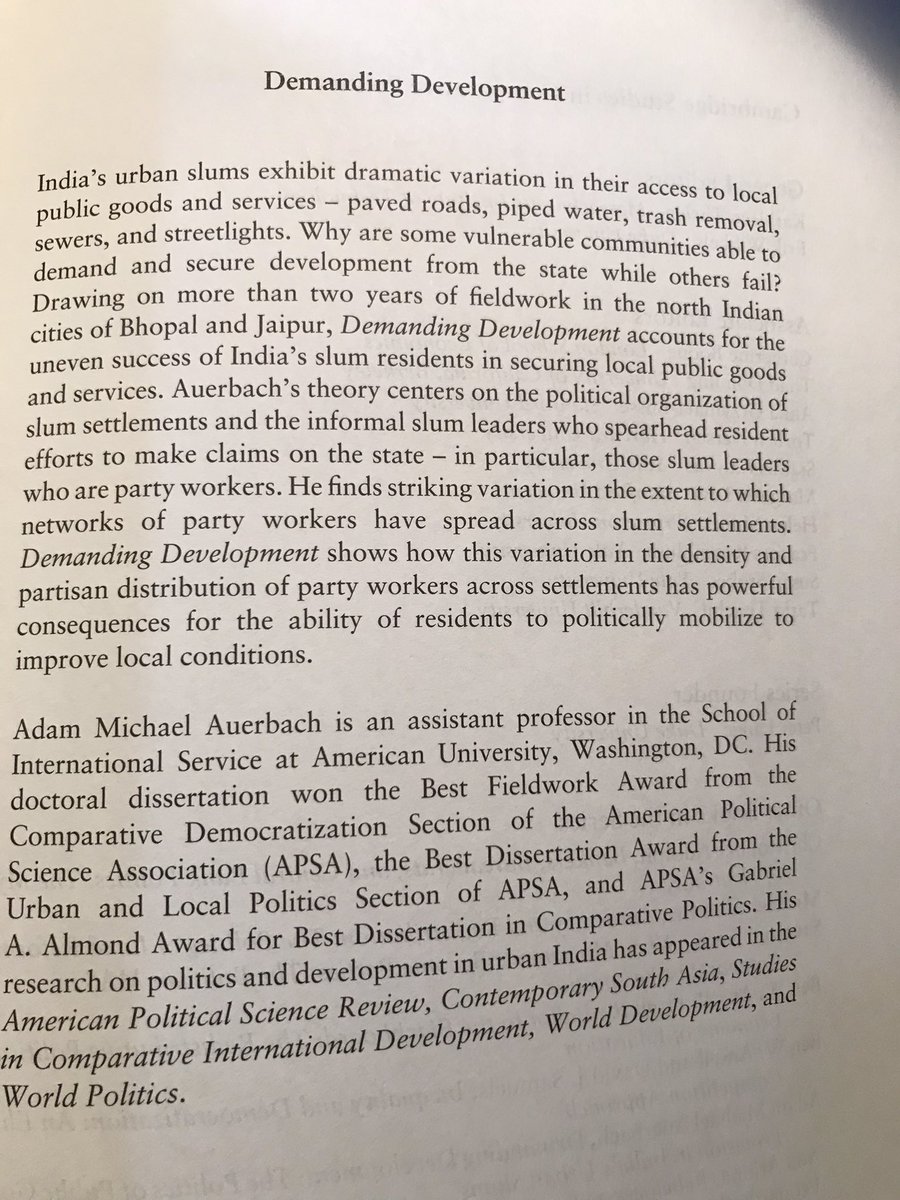
Today is the end of the month. While I am changing my work habits to respond properly to my physician's request ("work as much as like a normal person, not YOUR normal"), there are a number of practices I've sustained I hope to continue, and they might be of use to you all.
🧵
🧵
1) At the end of every month, I write a list of my Accomplishments. Doing so helps me see what I have done, as small as it may look to others or even to me, on paper.
This month, I returned to in-person teaching (2 courses), and I AM ALIVE AND WELL.
raulpacheco.org/2021/05/writin…
This month, I returned to in-person teaching (2 courses), and I AM ALIVE AND WELL.
raulpacheco.org/2021/05/writin…
2) Also at the end of every month, I try to re-calibrate what I planned to do. I am heading to London for 2 weeks, with a few side trips to Portsmouth, Bath and Loughborough. This means I need to readjust what I expect to accomplish.
Be kind with myself raulpacheco.org/2021/06/on-mul…
Be kind with myself raulpacheco.org/2021/06/on-mul…
3) I have continued to say "NO" to many additional commitments, which is the hardest thing for me to do. I have friends all over the UK and people I want to see, but I also need to slow down and take things easy. So I'm also saying NO to many invitations.
raulpacheco.org/2017/01/2017-r…
raulpacheco.org/2017/01/2017-r…
4) I consistently consider (now more than ever) my Time, Energy and Health to evaluate what I can accomplish and what I need to say "NO" to. At this point, I'm hoping to just get out of my current writing commitments, that's all. No "shiny new project".
raulpacheco.org/2021/06/time-e…
raulpacheco.org/2021/06/time-e…
5) I'm a Virgo, an Upholder, a Type A, and someone for whom clutter and disorganization are big obstacles. I have come to accept that some time out of my every day routine will have to be spent doing cleaning and reorganizing. I need a clear space, always. raulpacheco.org/2018/05/mental…
6) Because I am a Virgo (see 5), I am also very, VERY structured. I have reorganized my daily routine to adjust to teaching two courses I absolutely love, and doing substantial commuting.
My life has changed, and with it, my work routines too.
raulpacheco.org/2018/11/develo…
My life has changed, and with it, my work routines too.
raulpacheco.org/2018/11/develo…
7) I am returning to my #2ThingsADay approach: reading a bit and writing a bit every morning, before the deluge of activities (meetings, supervision, thesis reading, class preparation and other stuff that comes up) absorb the rest of my day.
2 THINGS.
raulpacheco.org/2018/04/the-ac…
2 THINGS.
raulpacheco.org/2018/04/the-ac…
8) I am also returning to my "No Email Before Noon" approach. This is perhaps the one habit that I lost over the pandemic (and with my transition to my current position at FLACSO).
I am going to have to consider a similar approach to Twitter.
raulpacheco.org/2017/06/taking…
I am going to have to consider a similar approach to Twitter.
raulpacheco.org/2017/06/taking…
9) Every single morning where I have NOT written a "To Do List" has been a substantial waste of my time. My Everything Notebook system works for me now, as long as I synchronize it with my iCal and GCal.
I need to refine my To-Do List processes more.
raulpacheco.org/resources/the-…
I need to refine my To-Do List processes more.
raulpacheco.org/resources/the-…
10) I work on One Thing At A Time. I was a proponent of multi-tasking before, until I couldn't do it anymore. I need to finish ONE thing before I move on to the next. I noticed this quite strongly yesterday: I couldn't write until my slides were ready.
raulpacheco.org/2016/05/my-dai…
raulpacheco.org/2016/05/my-dai…
11) Above all, the one practice that has really changed my life is to put myself above everything else, to make my health my priority. It took almost dying 4 times this summer and a 3 months-long illness to learn this lesson.
I plan to remain alive.
raulpacheco.org/2022/08/4-less…
I plan to remain alive.
raulpacheco.org/2022/08/4-less…
12) Bonus: In my search through my blog (and I know this will sound conceited, but I DO love my blog and it IS a treasure trove of ideas!) I found this post which I believe will be useful to all readers:
Put your oxygen mask on first.
raulpacheco.org/2019/05/put-yo…
</end thread>
Put your oxygen mask on first.
raulpacheco.org/2019/05/put-yo…
</end thread>
• • •
Missing some Tweet in this thread? You can try to
force a refresh













